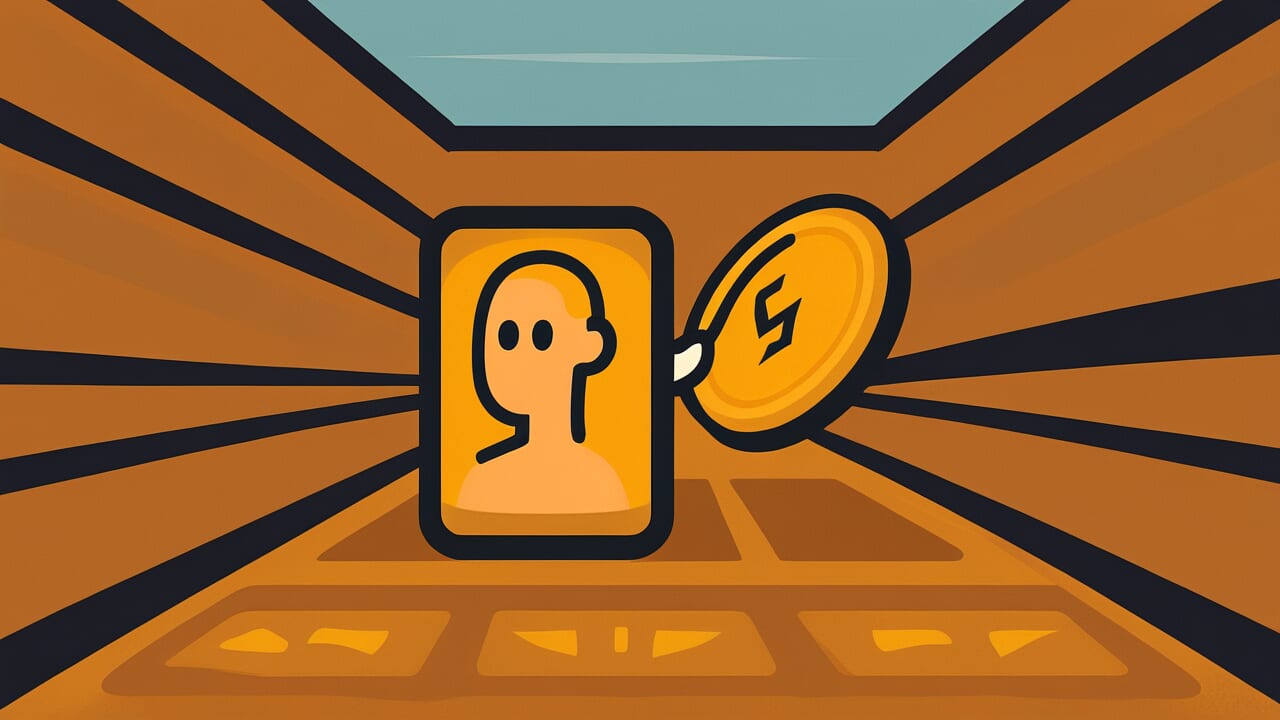How to Read “Money goes one way”
Kane wa katayuki
Meaning of “Money goes one way”
“Money goes one way” is a proverb that means money keeps going out without coming back in.
It describes situations where expenses exceed income, or when money doesn’t stay in your hands and keeps flowing out through one expense after another.
People use this proverb when household finances are tight or when unexpected expenses pile up and saving becomes impossible.
You might say “This month, money goes one way again” to express frustration about money flowing in only one direction.
Even today, many people have this experience. Money comes in on payday, but rent, utilities, food, and social expenses quickly drain it away.
Before you know it, almost nothing remains in your wallet.
When credit card payments and sudden expenses overlap, you truly experience the “one way” state.
This expression captures the painful economic reality where money doesn’t circulate back to you but simply keeps leaving.
Origin and Etymology
No clear written records explain the origin of “Money goes one way.”
However, we can make interesting observations from how the phrase is constructed.
The expression “katayuki” (one way) means going in only one direction, not round trip.
Ideally, in business and economic activities, money should circulate. You spend money to get goods or services, then use them to earn money again.
But in reality, situations arise where money only goes out and never returns.
This expression likely emerged from the economic sensibilities of common people during the Edo period.
People back then struggled with daily living costs, taxes, and various expenses. They found it hard to save anything.
In urban areas especially, prices were high. Many people shared the experience of earned money disappearing immediately.
The choice of words “katayuki” is clever.
By adding “kata” (one-sided) to “yuki” (going), the phrase beautifully expresses the sadness and imbalance of one-way flow.
It captures money not staying with you but departing somewhere else.
The expression feels almost like watching someone leave on a journey. It reflects the genuine feelings of ordinary people.
Usage Examples
- It’s payday but my wallet is already empty. Money goes one way in our house.
- Between children’s education costs and medical bills, money goes one way. Saving is just a distant dream.
Universal Wisdom
The proverb “Money goes one way” contains deep insight into the fundamental asymmetry of economics in human society.
Why was this proverb created and passed down through generations?
Because it captures a timeless truth: earning money is difficult, but losing it is easy.
People spend long hours and great effort to earn income. But spending happens in an instant.
A month’s salary can disappear in just a few days.
Behind this asymmetry lies the structure of human desire and necessity.
We need food, shelter, and clothing to survive. Beyond that, we seek better lives, support families, and maintain social relationships.
All these require spending. Living without using money is impossible.
Meanwhile, opportunities to earn money are limited.
Working hours are finite. Income sources are restricted.
This imbalance between “outgoing force” and “incoming force” is the essence of financial struggle that many people experience.
Our ancestors expressed this structural problem with the simple word “one way.”
This wasn’t resignation. It was courage to face reality directly.
It was also an expression of empathy for others sharing the same hardship.
When AI Hears This
When you view money flow through physics, it surprisingly resembles heat transfer.
Hot coffee left alone cools down, but cold coffee never naturally heats up.
Similarly, money has a one-way nature, flowing “from high concentration to low concentration.”
The asymmetry of this flow deserves attention.
When wealthy people spend 10,000 yen, it goes toward hobbies or investments, not necessities.
That money flows easily to other wealthy people’s businesses or to those who provide high-value services.
When poor people earn 10,000 yen, it immediately disappears into rent and food costs.
In other words, money stops at “low energy state” payments for basic necessities.
From there, it never naturally flows back to the wealthy.
In physics, reversing increased entropy (disorder) requires injecting external energy.
Economics works the same way. Escaping poverty requires “external energy” like education and skill development.
Left to the market alone, money continues flowing downward like water following gravity.
It never flows uphill on its own.
This physics-like inevitability is the fundamental reason why inequality naturally continues expanding.
Lessons for Today
The proverb “Money goes one way” teaches us important lessons about how to approach money in modern life.
First, recognizing this reality is the crucial first step.
Feeling like money only goes out isn’t just your experience. Many people share this feeling.
This recognition frees you from blaming yourself.
Then, we can do something to change this “one way” flow, even slightly.
That something is making spending “visible.”
By tracking what you spend and how much, you can distinguish truly necessary expenses from money that just drifts away.
Even more important is consciously savoring the joy of earning income.
Don’t treat payday as just a passing moment. Recognize it as the fruit of your labor.
Then use part of it for yourself and save part for the future.
This awareness builds a healthy relationship with money.
You may not completely stop the “one way” flow.
But by understanding this flow and gradually controlling it, you can live a life where money doesn’t control you.



Comments